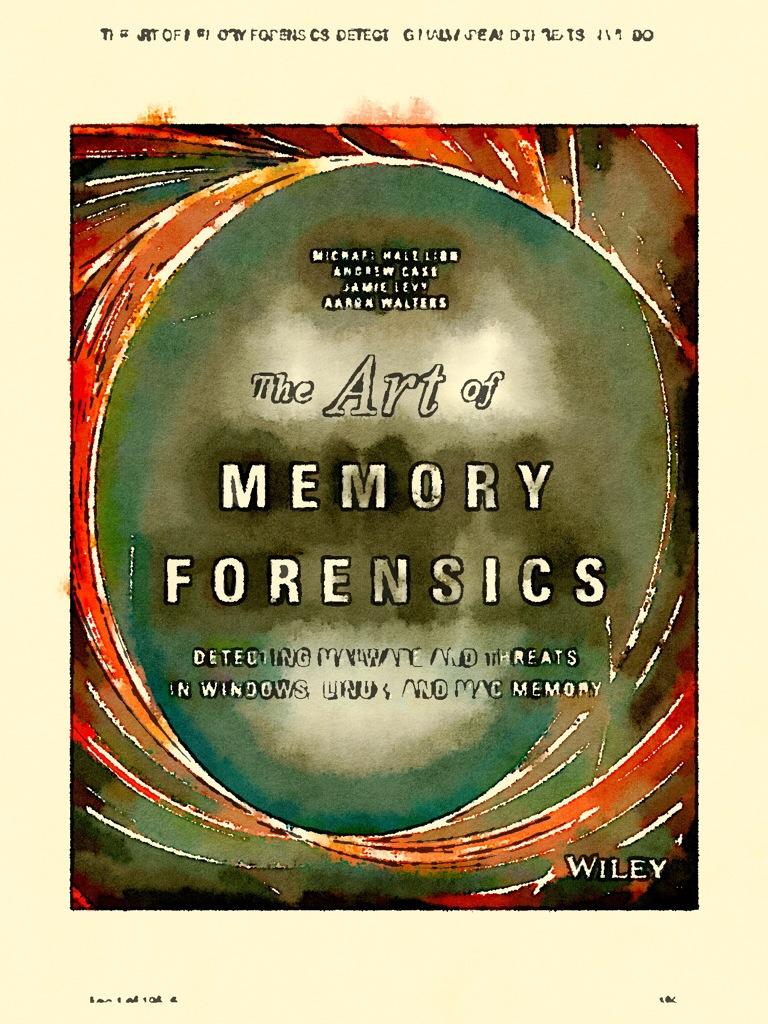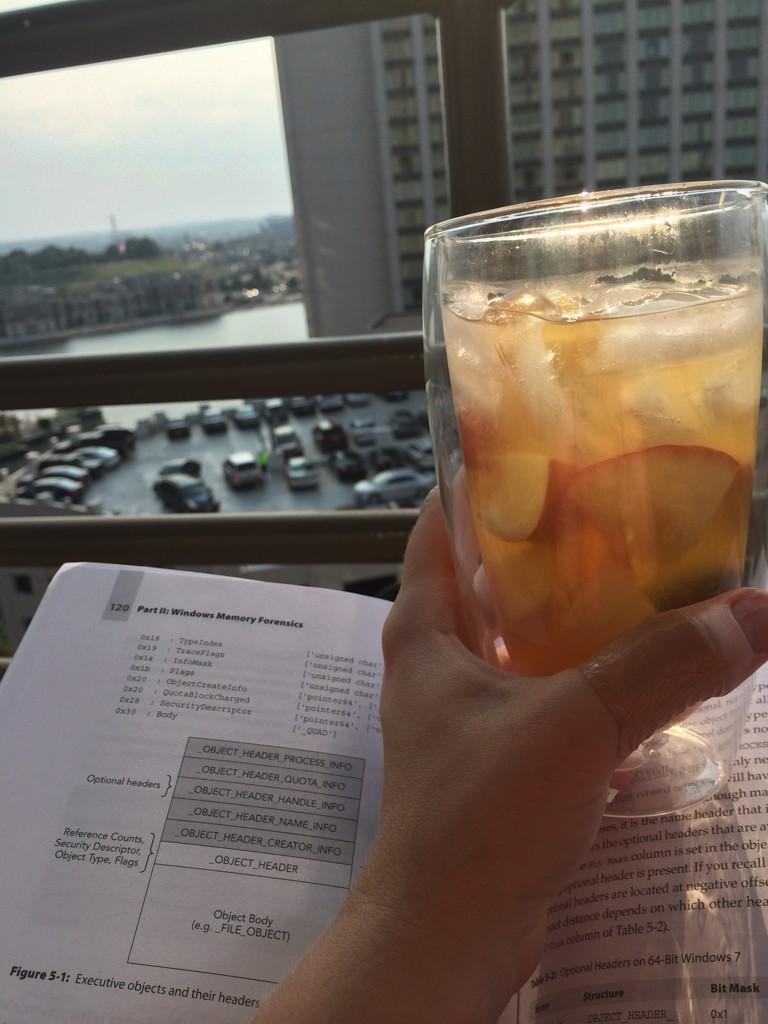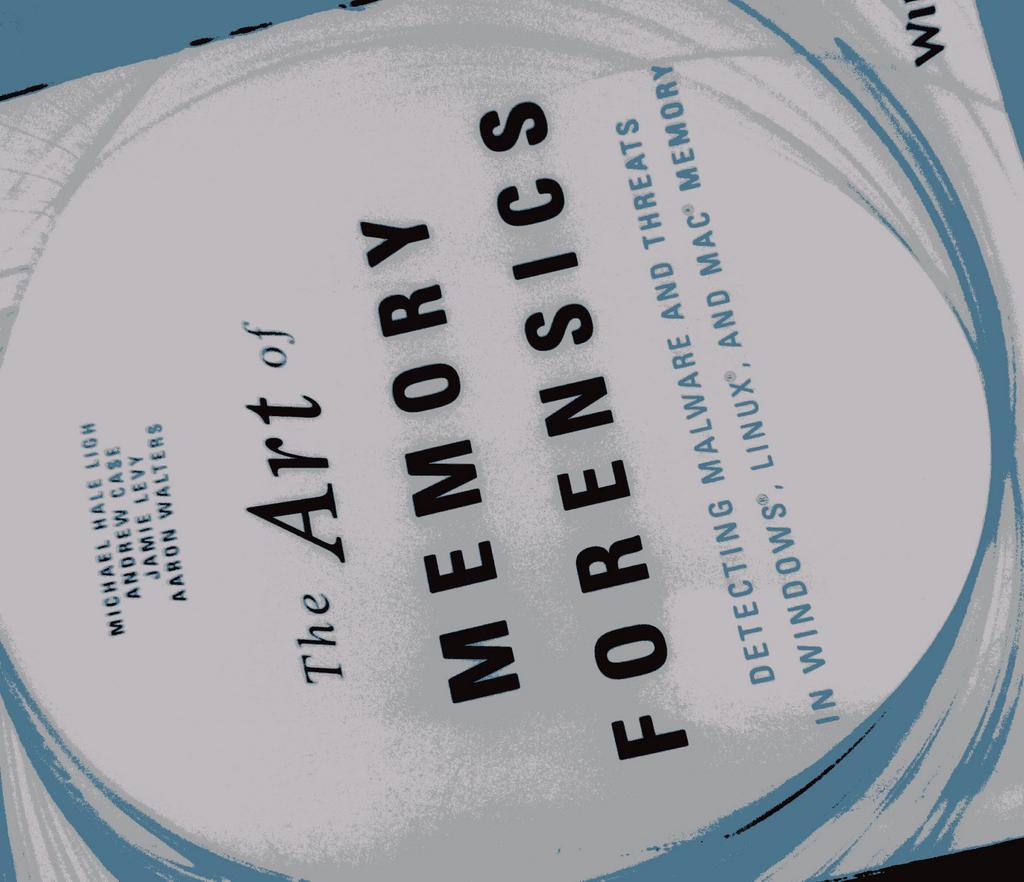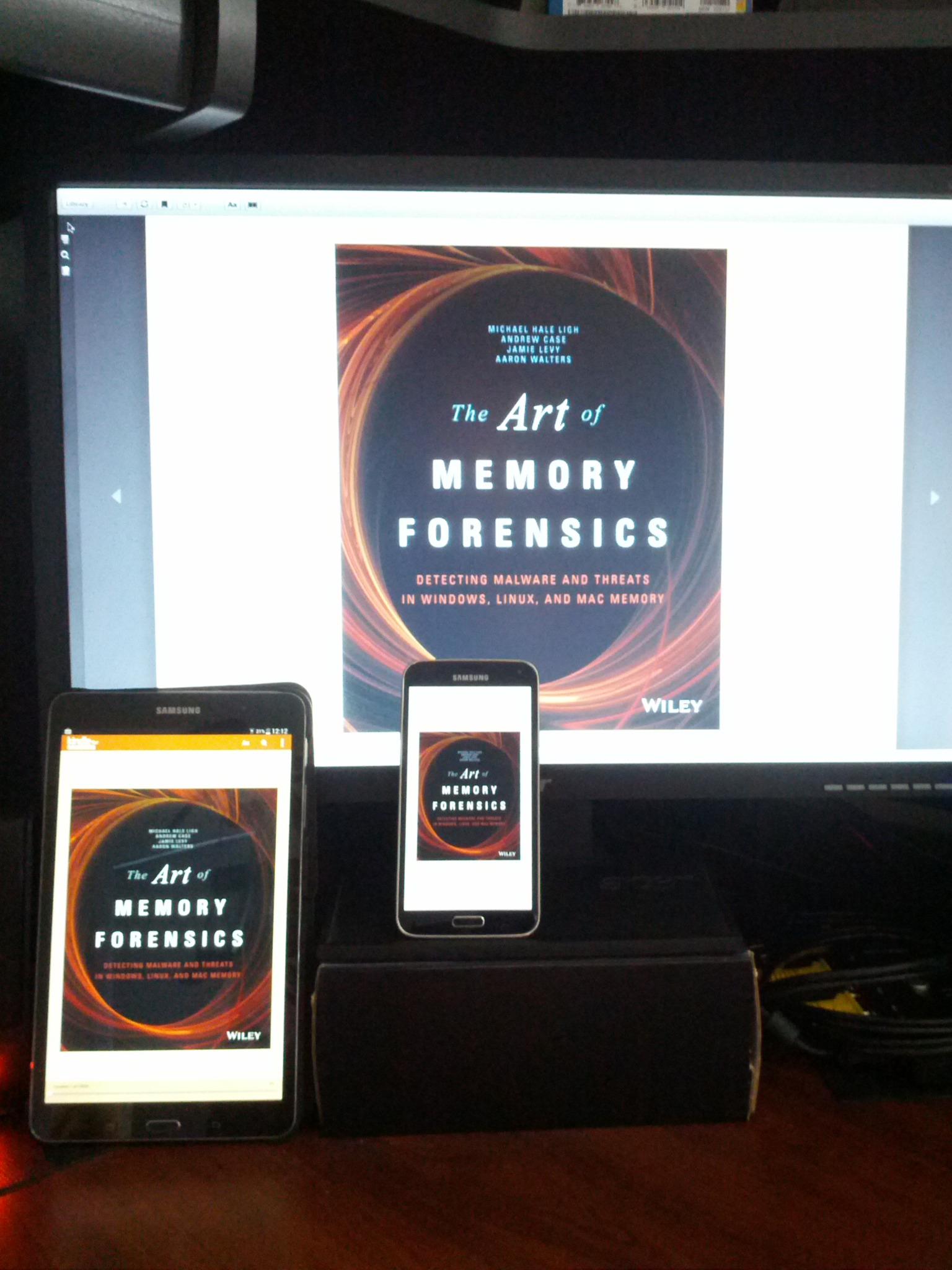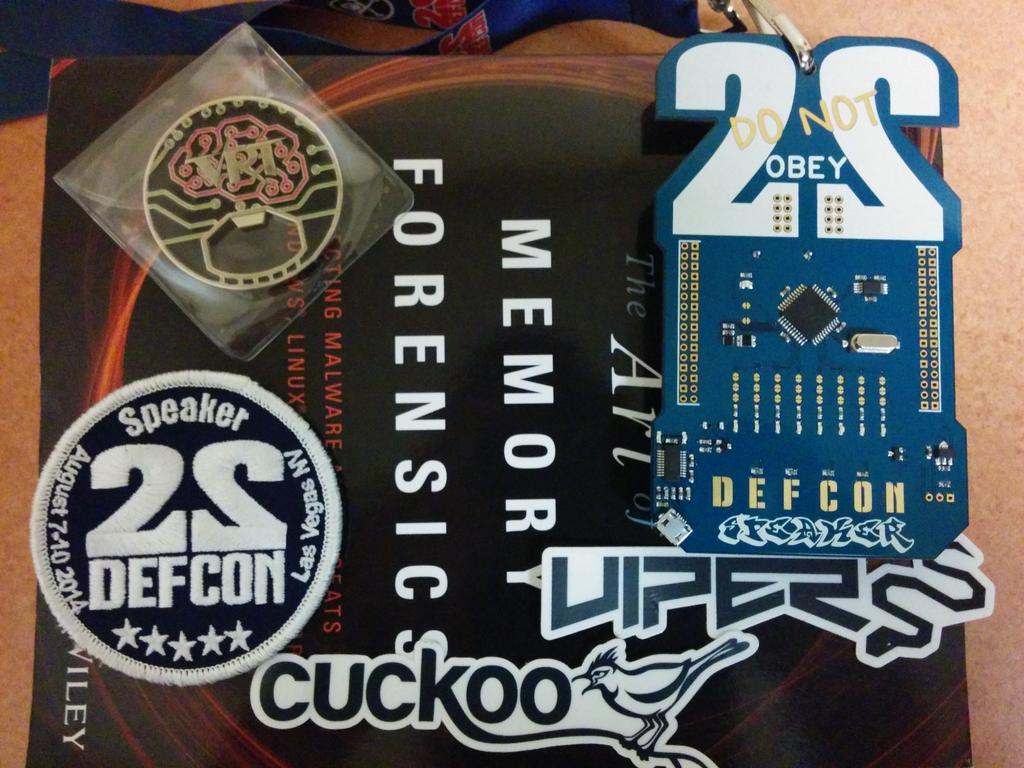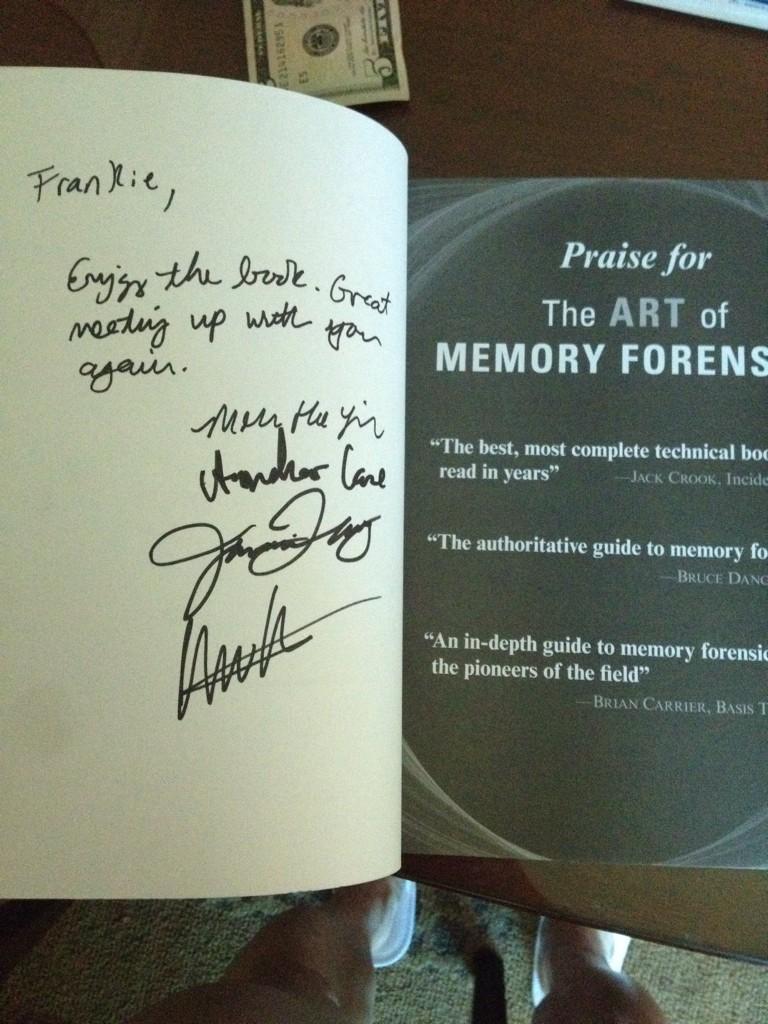A research
paper (slides
here) that I worked on with
Golden G. Richard was recently published at
DFRWS 2014 and received the Best Paper award! The paper,
In Lieu of Swap: Analyzing Compressed RAM in Mac OS X and Linux, analyzed the in-memory, compressed swapped stores on recent Mac and Linux versions.
As you are likely aware, operating systems will traditionally swap unneeded pages out to disk in order to free the pages for currently running applications to use. This swapping process has historically presented issues for forensics analysis as attempting to acquire both physical memory and the swap file(s) in a consistent state can be a daunting task outside of virtual machine environments. Furthermore, Mac has provided encrypted swap (
Secure virtual memory) since Mountain Lion and Linux users could optionally utilize encrypted swap for years. Similarly, Windows has the
EncryptPagingFile option that can be turned on by administrative users. Recovering the keying materials for these encrypted stores can require modification to existing acquisition tools as well as specialized research.
A new advancement in operating system design, the creation of memory-only, compressed swap stores, presents both challenges and opportunities for memory forensics practitioners. When enabled, these stores attempt to avoid writing swapped pages to disk for performance reasons and instead compresses and stores them into a reserved pool of memory. When a page is later recalled from the pool, a simple decompression operation is all that is needed to be performed. This is much quicker than reading from even the fastest PCI-E storage provided by Apple devices.
At first, this store can be challenging to investigators as simple methods of investigation, such as strings analysis or file carving, will fail since the data is in its compressed state. This store can be helpful though as normal physical memory capture techniques will completely collect the store. This is opposed to traditional swap collection that required timing memory acquisition with disk acquisition to avoid smearing.
The paper presents the algorithms used by both Mac and Linux to implement the compressed stores. We also describe our Volatility plugins that can fully locate and decompress all pages kept within the stores. Finally, we present data sets from sample machines that we tested the plugins and analysis on.
If you have any questions on the paper feel free to reach out to either myself or Golden.

